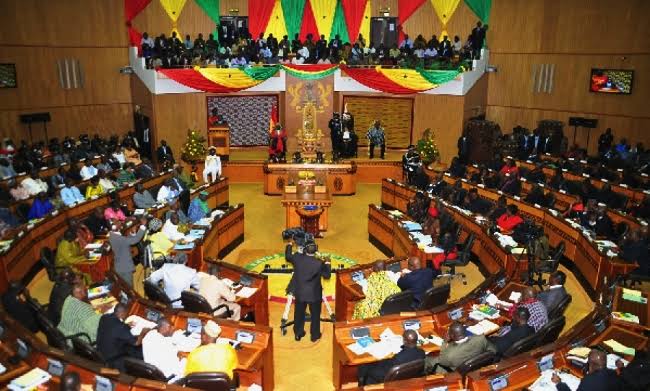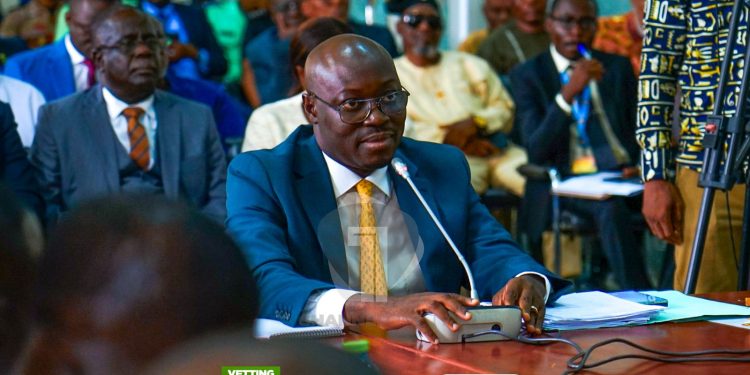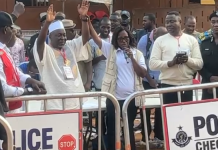Ever since the news of the marriage between the Gborbu Wulormo of Nungua and a 12-year-old bride surfaced, there has been a widespread demand for legal action to be taken.
It is widely recognized that child marriage is strictly prohibited by law, and both governments and NGOs have undertaken efforts to eradicate this practice.

The primary demand has been for the arrest of the 63-year-old husband and a clear declaration that the purported marriage holds no legal validity. But what does Ghanaian law say about child marriage?
This article examines the relevant sections of the Children’s Act of 1998, which was later amended in 2016.
The original act, in Section One, defines a child as “a person below the age of 18 years” for the purposes of the Act.
Sections 14 and 15 specifically address children entering into marital relations:Section 14 emphasizes the right of a child to refuse betrothal, dowry transactions, or marriage, stating that no one shall force a child into such arrangements. It also sets the minimum age for marriage at eighteen years.
Section 15 outlines the penalties for contravening these provisions, stating that anyone who violates these rules commits an offense and is liable to a fine not exceeding 5 million cedis (500 Ghana Cedis), imprisonment for up to one year, or both.
In the context, the traditional marriage between the 63-year-old Nuumo Borketey Laweh XXXIII and a 12-year-old girl, Naa Okromo, sparked widespread public outrage, with calls for the arrest of the Overlord of the Ga-Dangme States.
The Gborbu Wulormo faced intense criticism following the news of his marriage circulating on social media.
Despite these calls, authorities defended the marriage, citing it as a part of custom and tradition. The traditional authority explained that the ceremony was intended to deter other suitors, and the girl was designated as a stool wife.
























































![[FREE FREE MONEY] Predict and Win a Guaranteed GH¢200 From Us EVERY WEEK](https://wordpress.ghanatalksradio.com/wp-content/uploads/2022/02/Predict-and-Win-Final-09-03-2021-218x150.jpg)
![[Predict & Win – 8th/Oct.] WIN A Guaranteed ¢200 From Us This Week](https://wordpress.ghanatalksradio.com/wp-content/uploads/2021/10/maxresdefault-16-218x150.jpg)
![[Predict & Win – 2nd] WIN A Guaranteed ¢200 From Us This Week](https://wordpress.ghanatalksradio.com/wp-content/uploads/2021/09/maxresdefault-50-218x150.jpg)
![[Predict & Win – 25th] WIN A Guaranteed ¢200 From Us This Week](https://wordpress.ghanatalksradio.com/wp-content/uploads/2021/09/maxresdefault-36-218x150.jpg)
![[Predict & Win – 18th] WIN A Guaranteed ¢200 From Us This Week](https://wordpress.ghanatalksradio.com/wp-content/uploads/2021/09/maxresdefault-23-218x150.jpg)








![[National cathedral] See full list of churches that have contributed since 2018](https://wordpress.ghanatalksradio.com/wp-content/uploads/2020/09/Ghana-National-Cathedral-GhanaTalksRadio-100x70.jpg)



